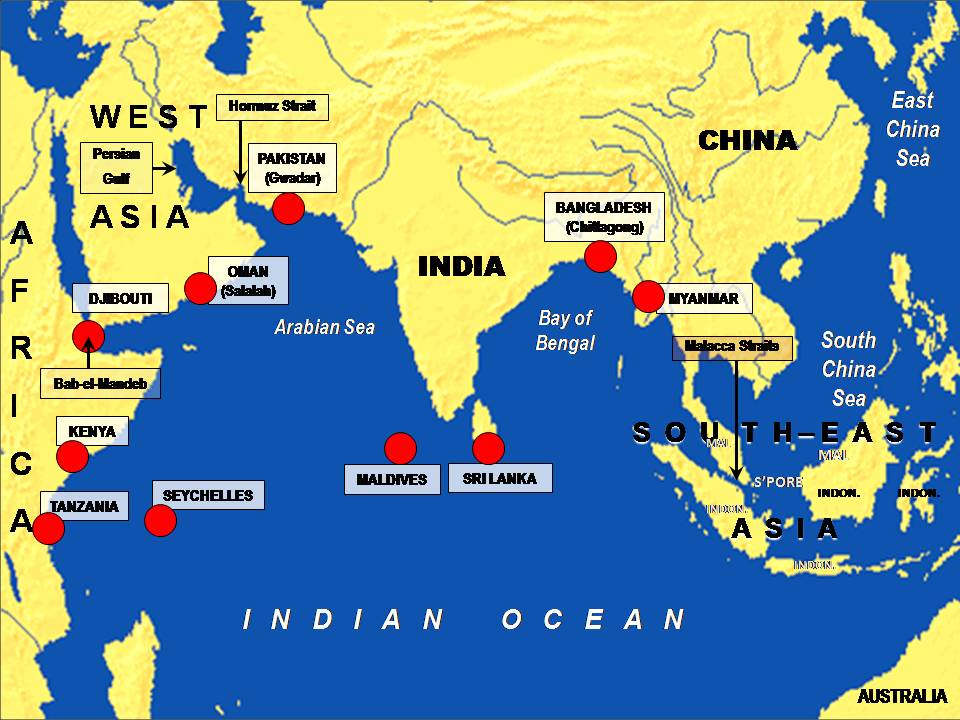External Affairs Minister S Jaishankar on Friday called for increased engagement among Indian Ocean countries to address challenges such as safeguarding sovereignty, dealing with cases of disregard for maritime laws, and flouting long-standing treaties, in remarks interpreted as an oblique reference to China’s military assertiveness, including along the Line of Actual Control.
In his talk to the seventh Indian Ocean Conference in Perth, he also expressed worry about unsustainable debt, opaque lending methods, unviable projects, and “injudicious” decisions, in thinly disguised remarks that came amid fears about numerous countries sliding into the Chinese ‘debt trap’.

Challenges gazing at the Indian Ocean addressed by S. Jaishankar
“As we gaze at the Indian Ocean, the challenges besetting the world are on full display there. At one extremity, we see conflict, threats to maritime traffic, piracy and terrorism,” Jaishankar said.
“At the other, there are challenges to international law, concerns about freedom of navigation and overflights, and of safeguarding of sovereignty and of independence. Any disregard for arduously negotiated regimes like UNCLOS 1982 is naturally disturbing,” he said.
“In between, a range of trans-national and non-traditional threats present themselves, largely visible in a spectrum of interconnected illegal activities. Instability also increases when long-standing agreements are no longer observed, with no credible justification to justify a change of stance,” he said.
Jaishankar stated: “All of them, separately and together, make it imperative that there be greater consultation and cooperation, among the states of the Indian Ocean.”
Assertion on UNCLOS implementation
His remarks on non-compliance with long-standing agreements with no credible justification came contrary to the backdrop of the lingering eastern Ladakh border dispute, which was triggered by China’s collecting of a large number of troops across the LAC in the region in violation of existing agreements between the two sides.
In his speech, Jaishankar mentioned the 1982 United Nations Convention on the Law of the Sea (UNCLOS).
India and a number of other nations, including ASEAN member states, have called for UNCLOS implementation, particularly in the South China Sea. There are rising worldwide worries over China’s military push in the South China Sea.
Jaishankar also discussed “disruptive” occurrences, claiming that they are occurring more frequently and with more consequence.
“There are also the consequences of distant happenings, such as the fuel, food and fertilizer crises that many of us have experienced,” he said.
“But we should be equally conscious that the ‘normal’ can be manipulated, leading to unsustainable debt, opaque lending practices, unviable projects and injudicious choices,” he said.
“Similarly, there are the complexities of dual-purpose agendas that mask visibility and lower our guard. Indeed, such activities when combined with the advancement of connectivity with strategic intent, has emerged as a growing anxiety for Indian Ocean states,” he noted.
Raising awareness and comprehension of the difficulties
He stated that it is vital to raise awareness and comprehension of the difficulties. Jaishankar also urged Indo-Pacific countries to work together more closely.
Aside from that, Jaishankar mentioned the Indo-Pacific Oceans Initiative (IPOI), which India proposed in 2019. The IPOI intends to launch new projects and activities while increasing collaboration with IORA (Indian Ocean Rim Association).










